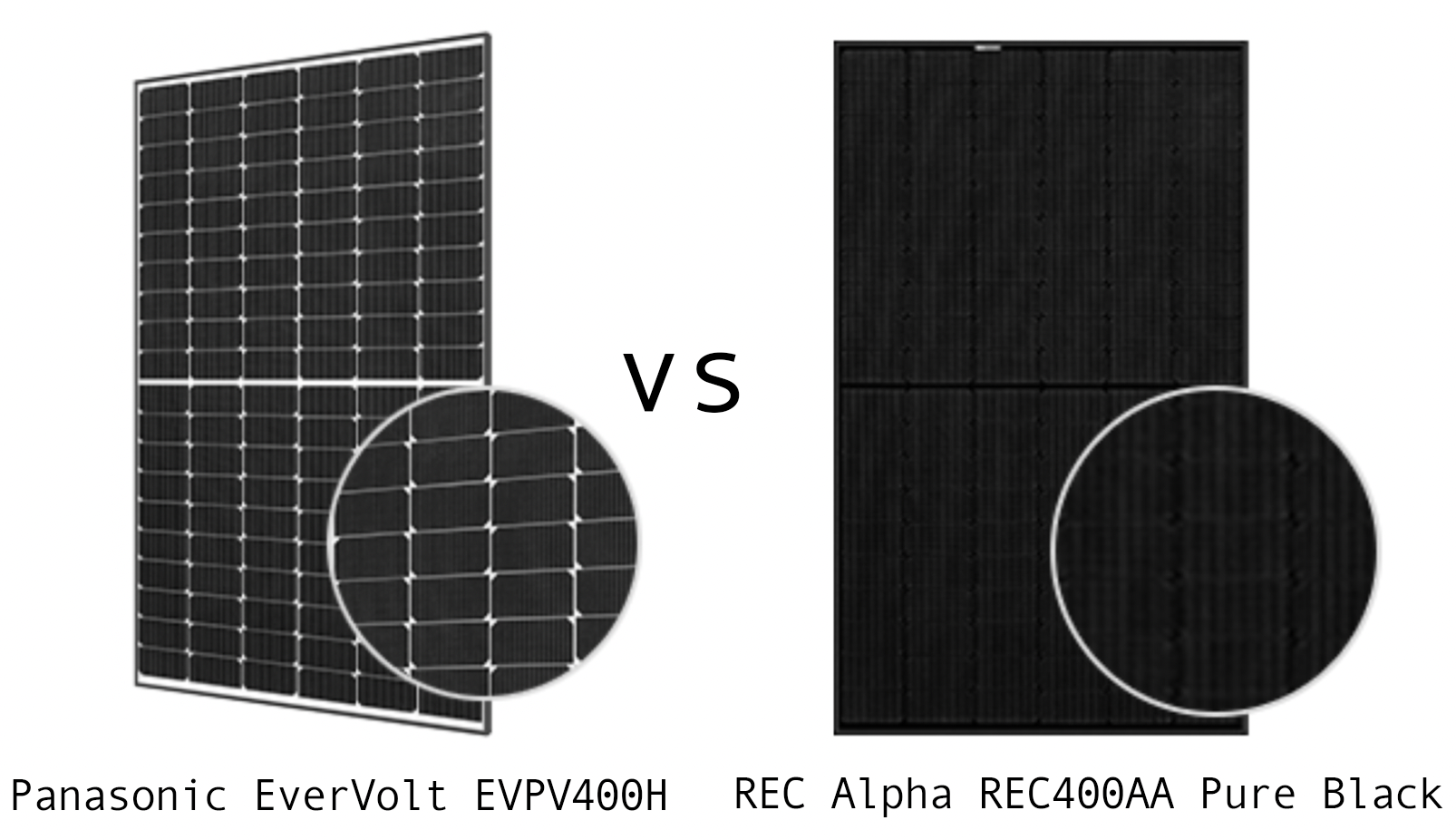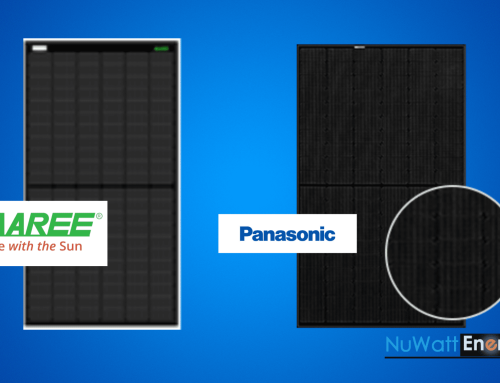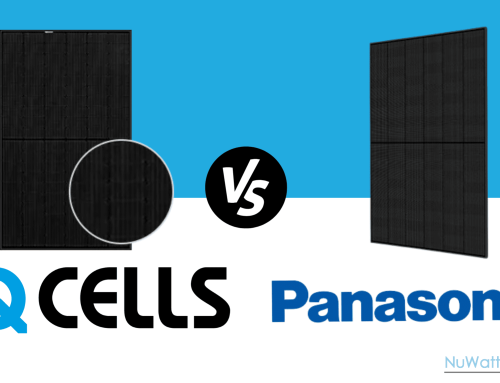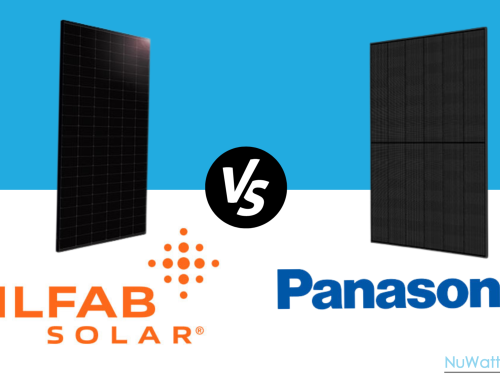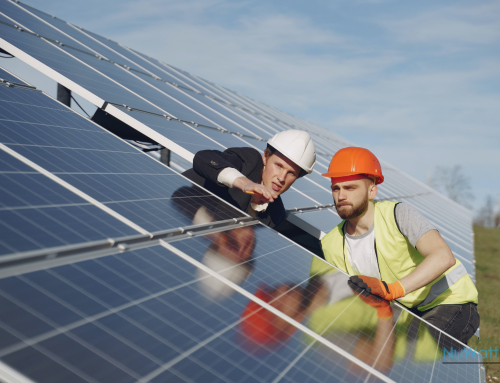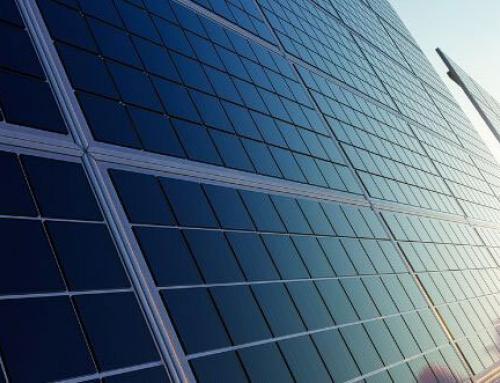Advantages to Going Solar
With renewable energy becoming more popular, it's no surprise most people prefer solar energy. Solar energy has many financial and environmental benefits that will save you money and better the planet. Going solar will drastically reduce your electric bill because you will be able to generate most of your own power rather than purchasing from the grid. Adding a solar panel system to your home or business will also increase your property value.
In addition to all the financial benefits, going solar also is also great for the environmental by reducing your ecological footprint. One residential solar panel system will eliminate 3-4 tons of greenhouse gas emissions a year, which is the equivalent of planting over 100 trees. Therefore, if you are thinking about going solar for these reasons, the sooner the better!
How to Choose the Best Solar Panel
Once you make the right choice to go solar, you now have to decide on which solar panels to install. There are two main types of solar panels: the first is monocrystalline solar panels. The cells on a monocrystalline panel are made from a single silicon crystal. These panels are higher-end and more efficient than the second type, polycrystalline solar panels. Polycrystalline panels are also made from silicon, however, instead of being made from one single crystal of silicon, they are made by melting together many fragments of silicon. Although polycrystalline panels are less efficient, they are typically less expensive.
Additionally, the overall performance of the panel is very important. Performance can be determined by power and efficiency. First, power, measured in Watts (W), is the panel’s output under ideal conditions. Second, efficiency is how well the panel converts sunlight into electricity. Power and efficiency tell how much electricity the solar panel system can produce as a whole. The efficiency of solar panels will degrade over time, the lower the degradation ratio the better, but many panels have new technologies to minimize this drop in efficiency. Generally, you will see the largest efficiency reduction in the first year after installation, but this reduction will be less in later years. Also, you may want to take into consideration other factors, such as warranty, temperature coefficient, and their resilience, depending on where you are looking to install panels.

REC is a Norwegian company with a manufacturing facility in Singapore. This international company is dedicated to supplying homeowners and businesses with clean and reliable solar power. With a number of outstanding panel series, their most popular is the Alpha and Alpha Pure series. Overall, REC produces top-notch solar products at a price that is attractive. This means you can get a great solar panel system for a relatively inexpensive price.

Panasonic is one of the world’s largest manufacturers and a popular choice for homeowners. It is important to choose a company that can support you throughout the lifetime of your solar panels so Panasonic is a great choice since it has been in the market for a long time. Panasonic’s new model, the EverVolt panel, guarantees to provide a 92% power output after 25 years. That’s about 13% more power compared to what is offered by a traditional solar panel warranty. Therefore, it is also no surprise that Panasonic panels are highly rated and reviewed in the USA.
Comparing Panasonic to REC Solar Panels
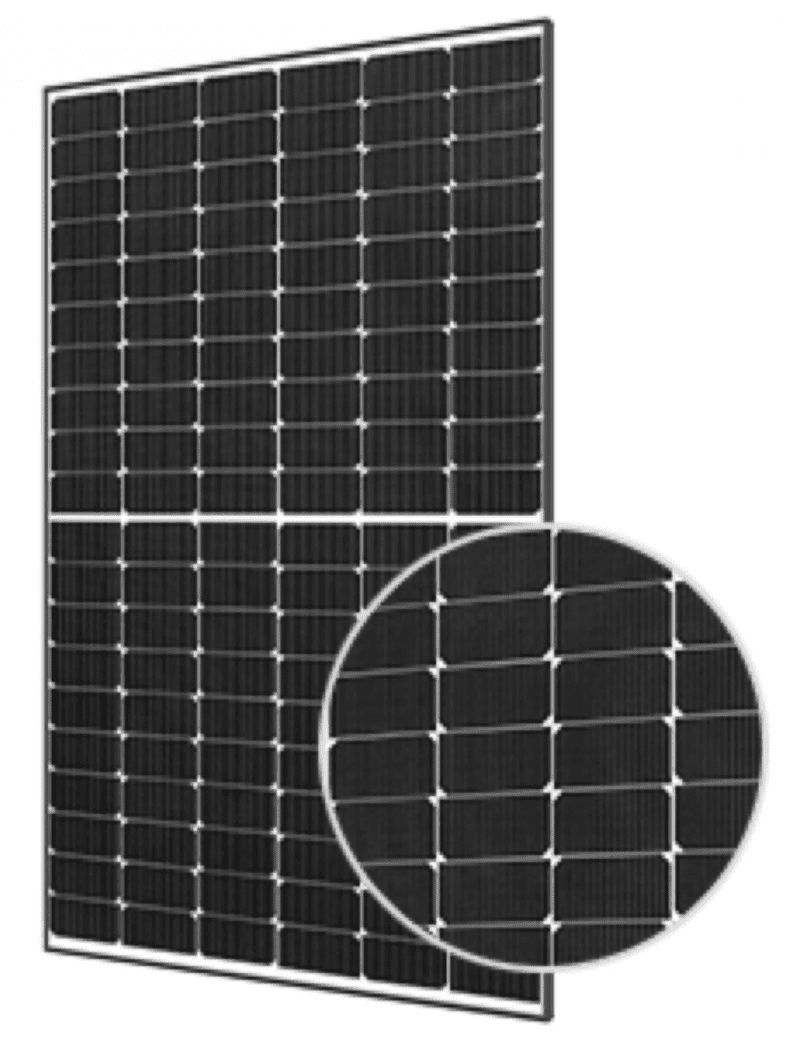
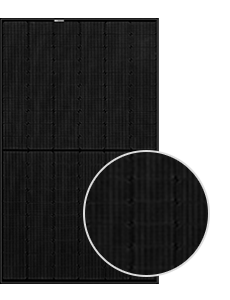
Panasonic EverVolt EVPV400H vs. REC Alpha REC400AA
When comparing panels, Panasonic's EverVolt EVPV400H and REC's Alpha REC400AA have the same characteristics. They are both monocrystalline panels with a rated power of 400W, a 25-year warranty, and 0.25% derating. Both panels also have an efficiency rating of 21.6%, which is higher than many other panels on the market.
One major difference between the two panels is that Panasonic offers an AllGuard warranty. AllGuard warranty has all the same coverage as a typical solar warranty, but in addition to this, also covers labor for your entire system, including solar panels, inverters, and racking hardware for 25 years. Panasonic's old warranty only covered labor for solar panels through premium installers, but now the warranty applies to the entire system. This means that Panasonic will cover any costs associated with servicing warranty claims for the solar panel and any other hardware components installed with the Panasonic AC module. This extensive warranty is a testament to Panasonic's exceptional customer support as well as its confidence in the quality of its products.
| Brand | Panasonic | REC |
|---|---|---|
| Model | EverVolt EVPV400H | Alpha REC400AA |
| Cell Type | Monocrystalline | Monocrystalline |
| Efficiency | 21.6% | 21.6% |
| Power | 400W | 400W |
| Power Derating | 0.25% | 0.25% |
| Product Warranty | AllGuard* 25 yrs |
25 yrs |
| Price | $ | $ |
| Performance Advantage | Half-cut cells | Half-cut cells |
| Number of Years in Business | 1o4 yrs |
26 yrs |
| Warranty on Labor of Entire System | AllGuard Warranty |
Panels Only |
* Panasonic AllGuard Warranty covers panels, Enphase inverters, and mounting system which is another layer of assurance that the system is guaranteed to work for 25 years under a strong warranty by Panasonic. REC's warranty covers only the panels.

To learn what option is best for your home, connect with our solar consultants by either calling (877) 772-6357 or by filling out the form below.
